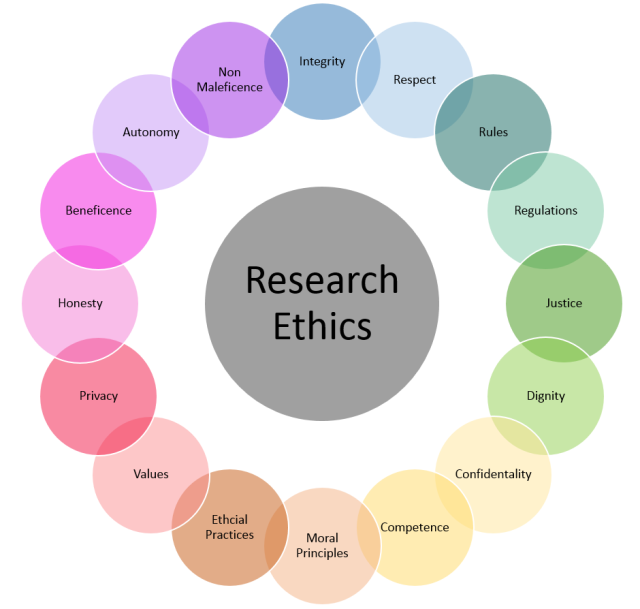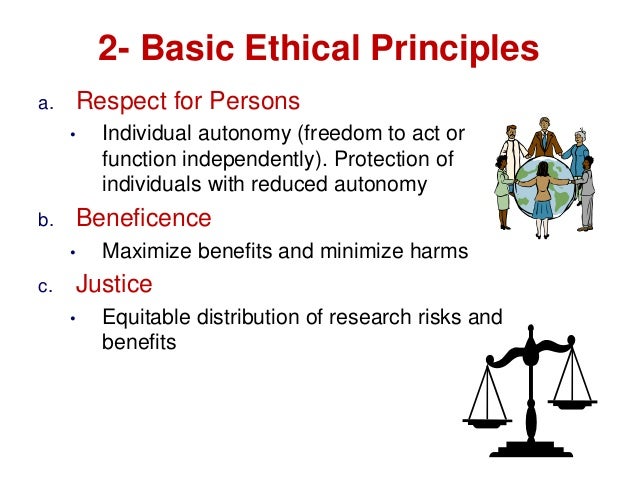

Principles of Human Subjects Research Ethics
#ETHICAL PRINCIPLES IN RESEARCH WITH HUMAN PARTICIPANTS HOW TO#
Learn how to navigate the discipline and accelerate your regulatory career. This article provides a closer look at three key documents that define the principles of human subjects research ethics-the Nuremberg Code, the Declaration of Helsinki, and the Belmont Report-and offers a set of best practices for regulatory affairs professionals who manage the development, marketing approval, and utilization of highly regulated products.ĭownload Our Free Guide to Advancing Your Regulatory Affairs Career It goes back to how vulnerable groups have been taken advantage of,” says Mary Dronitsky, a professor in the College of Professional Studies. “The most important thing is to protect the people participating.

Many of these products are tested on human subjects, and successful studies can improve human health while helping researchers learn more about diseases, human behavior, and learning patterns.Ī mix of national regulations and international declarations offer numerous principles for human subjects research ethics.

In highly regulated industries such as medical devices, pharmaceuticals, biotechnology, and food safety, companies must constantly balance the demands of bringing new products to market quickly while also testing those products in a safe manner.


 0 kommentar(er)
0 kommentar(er)
